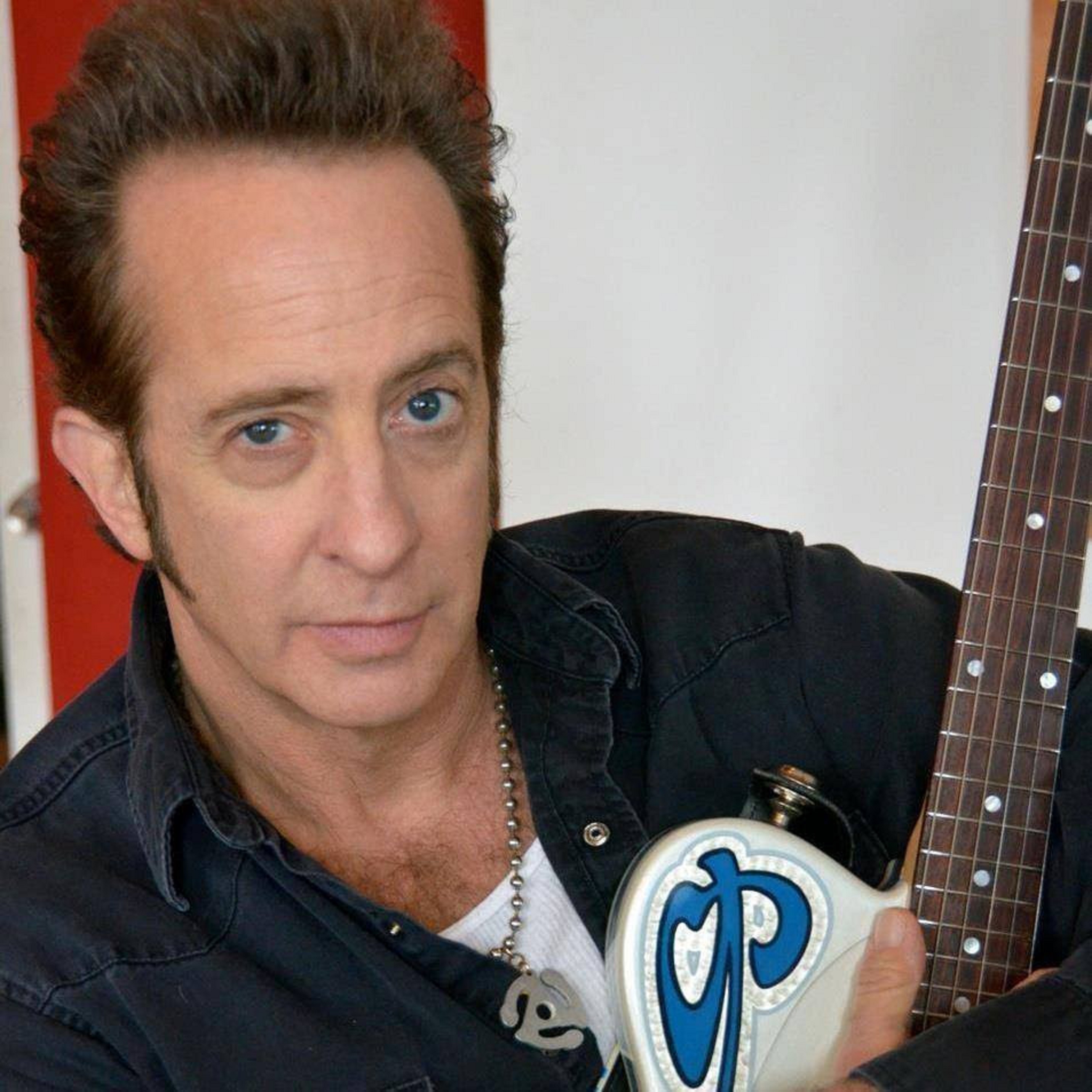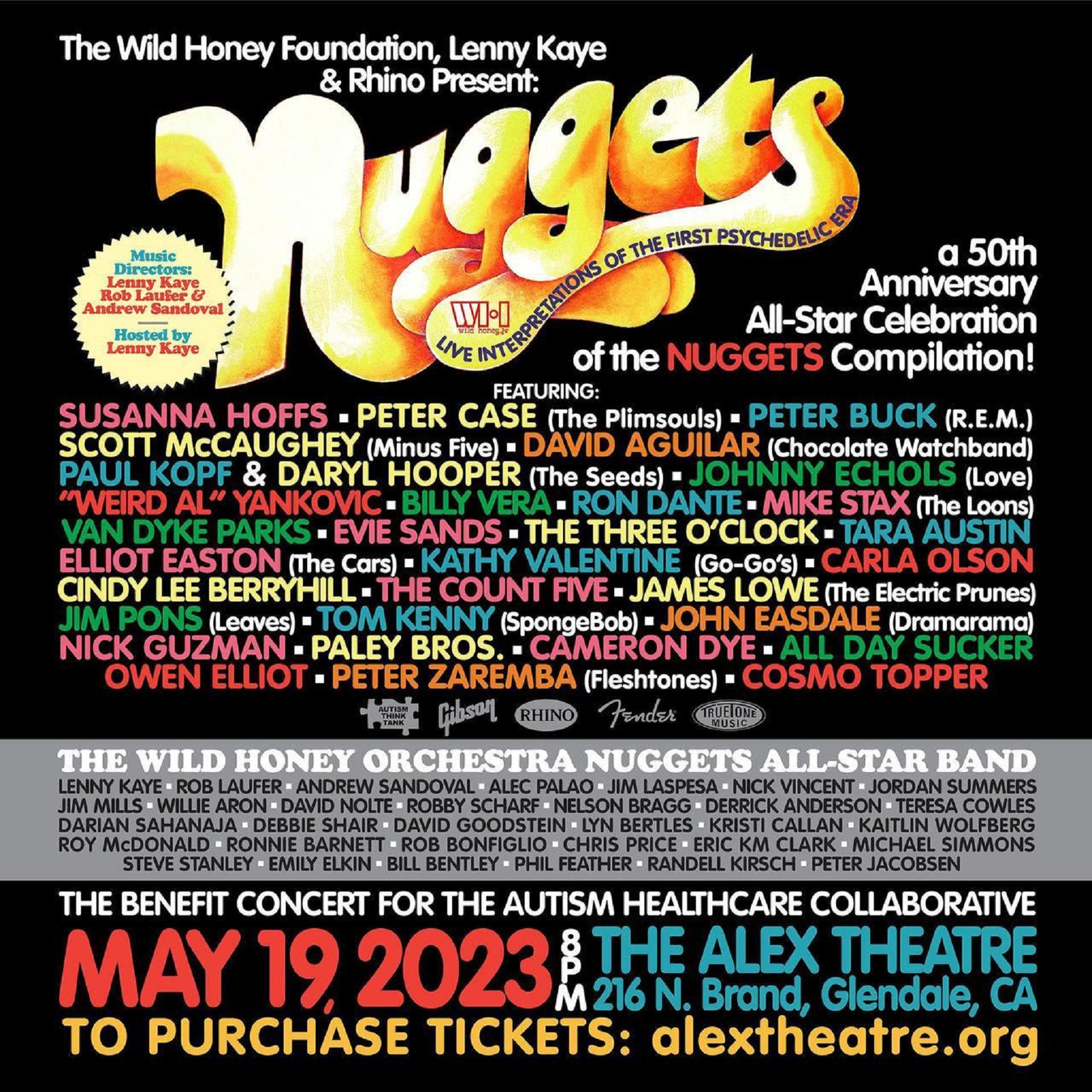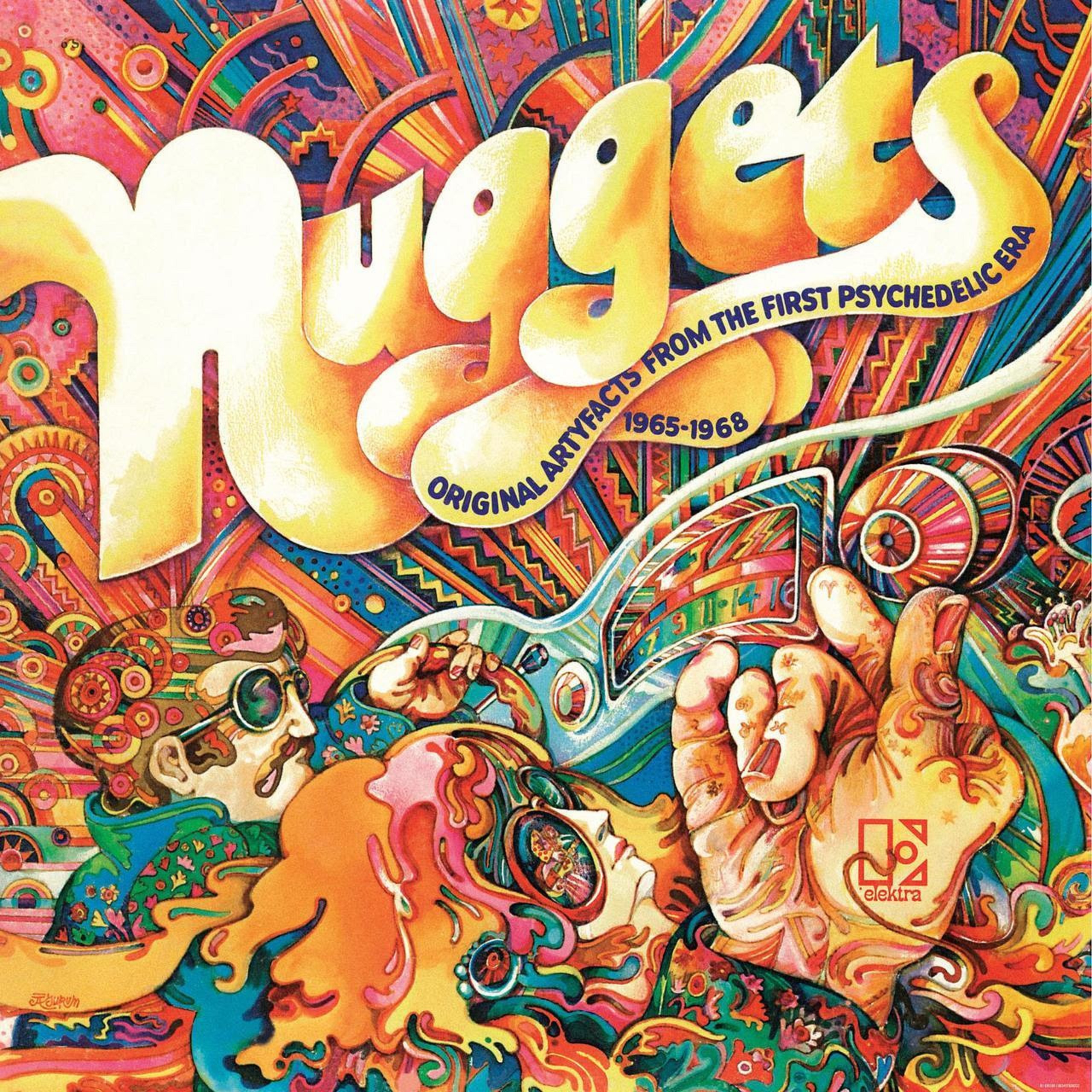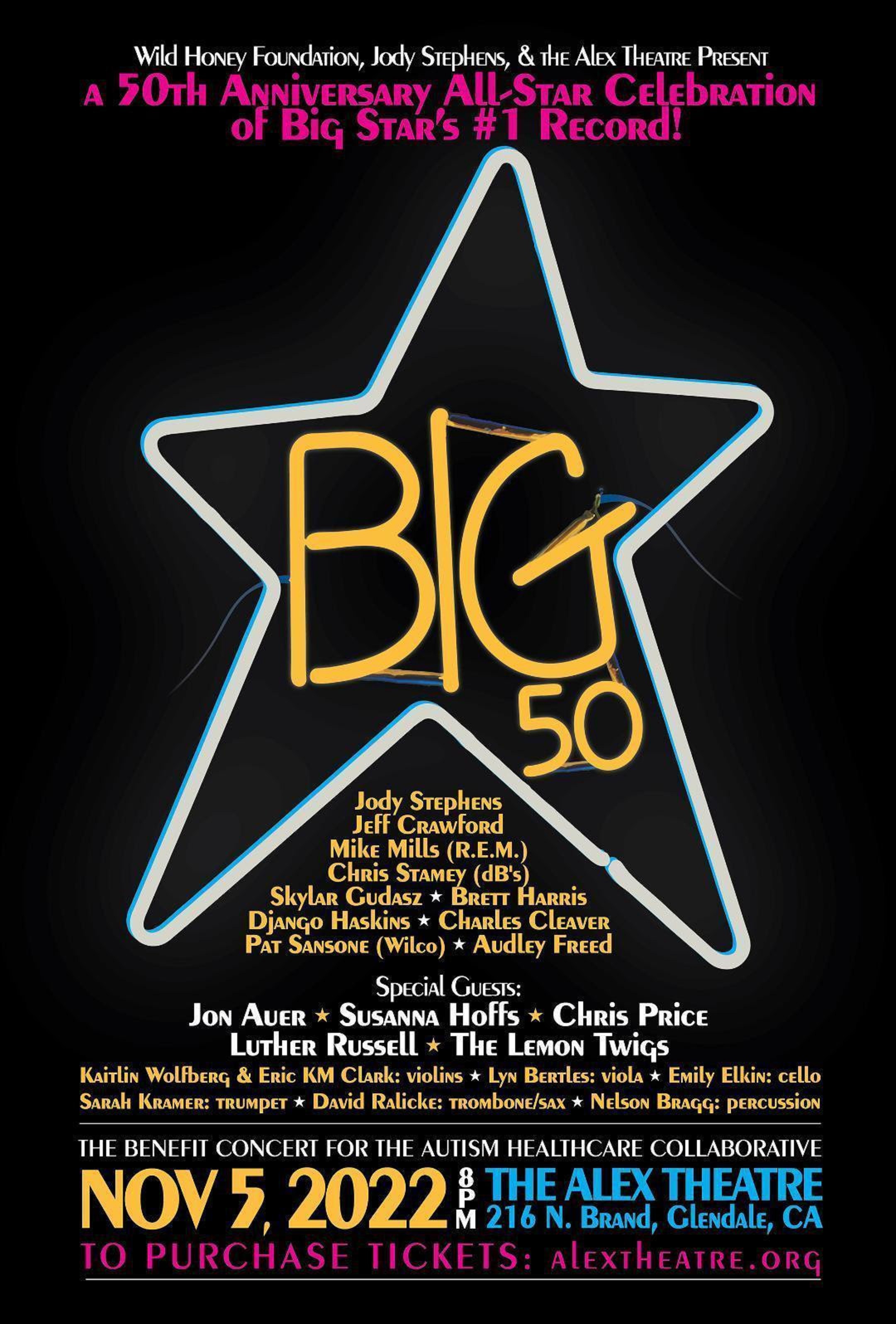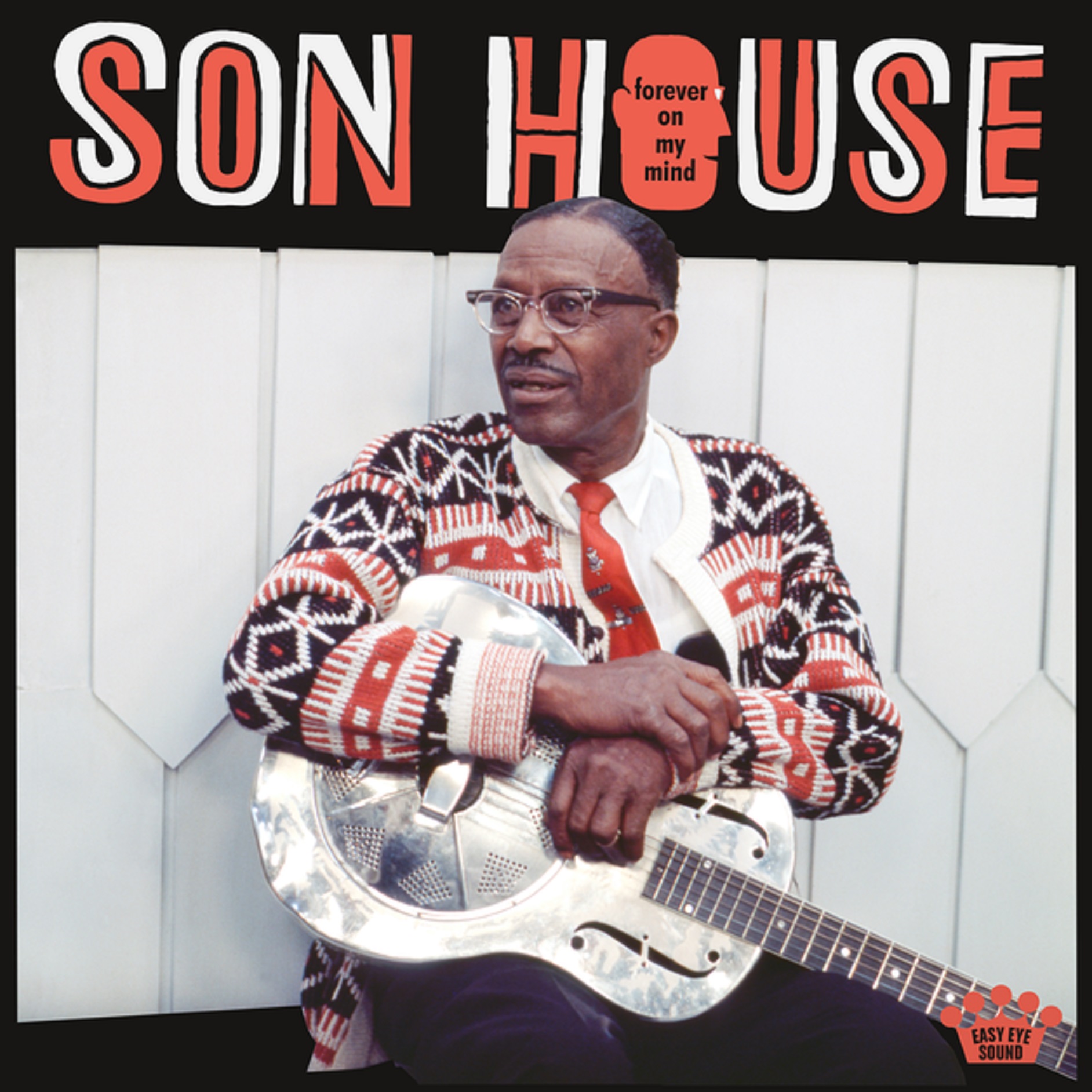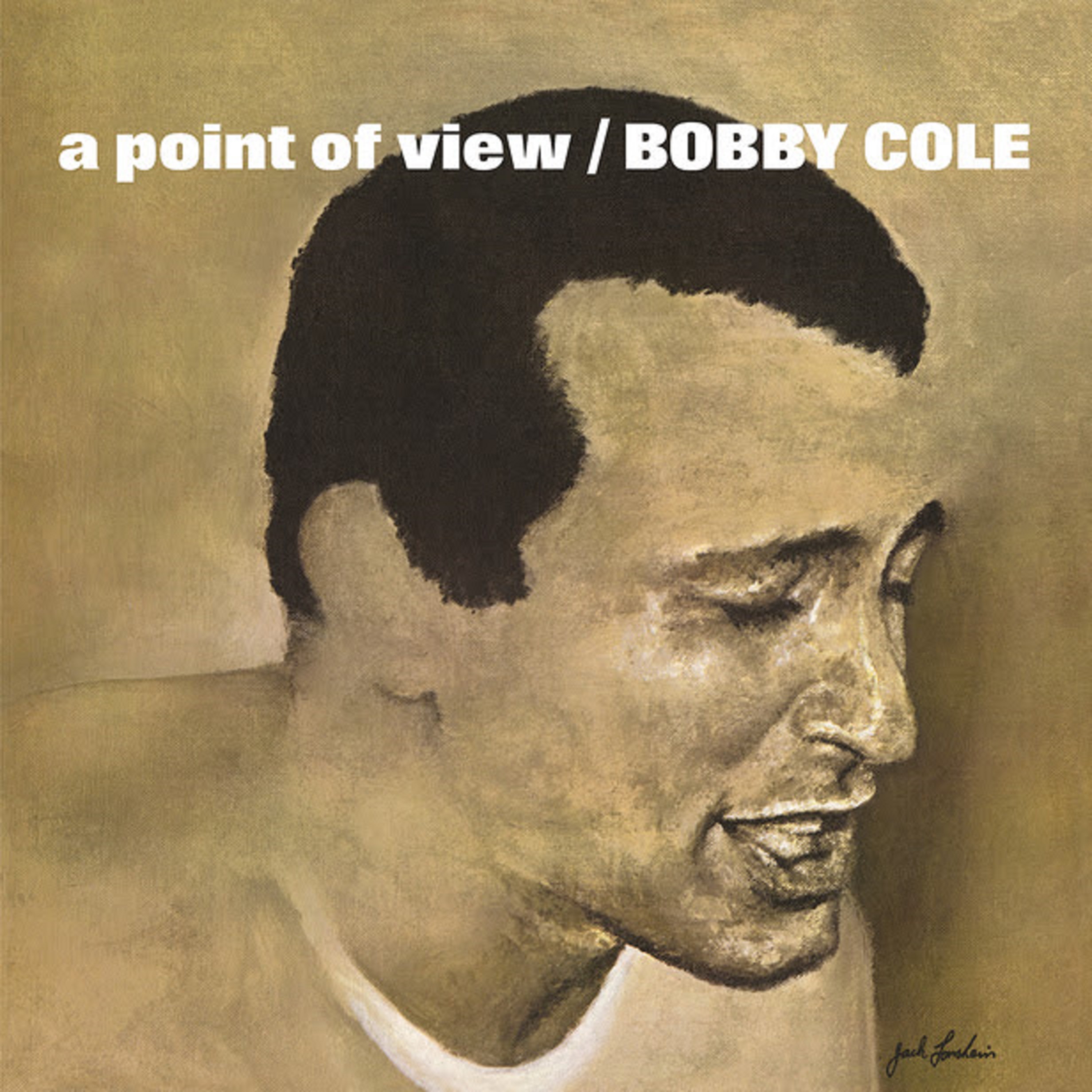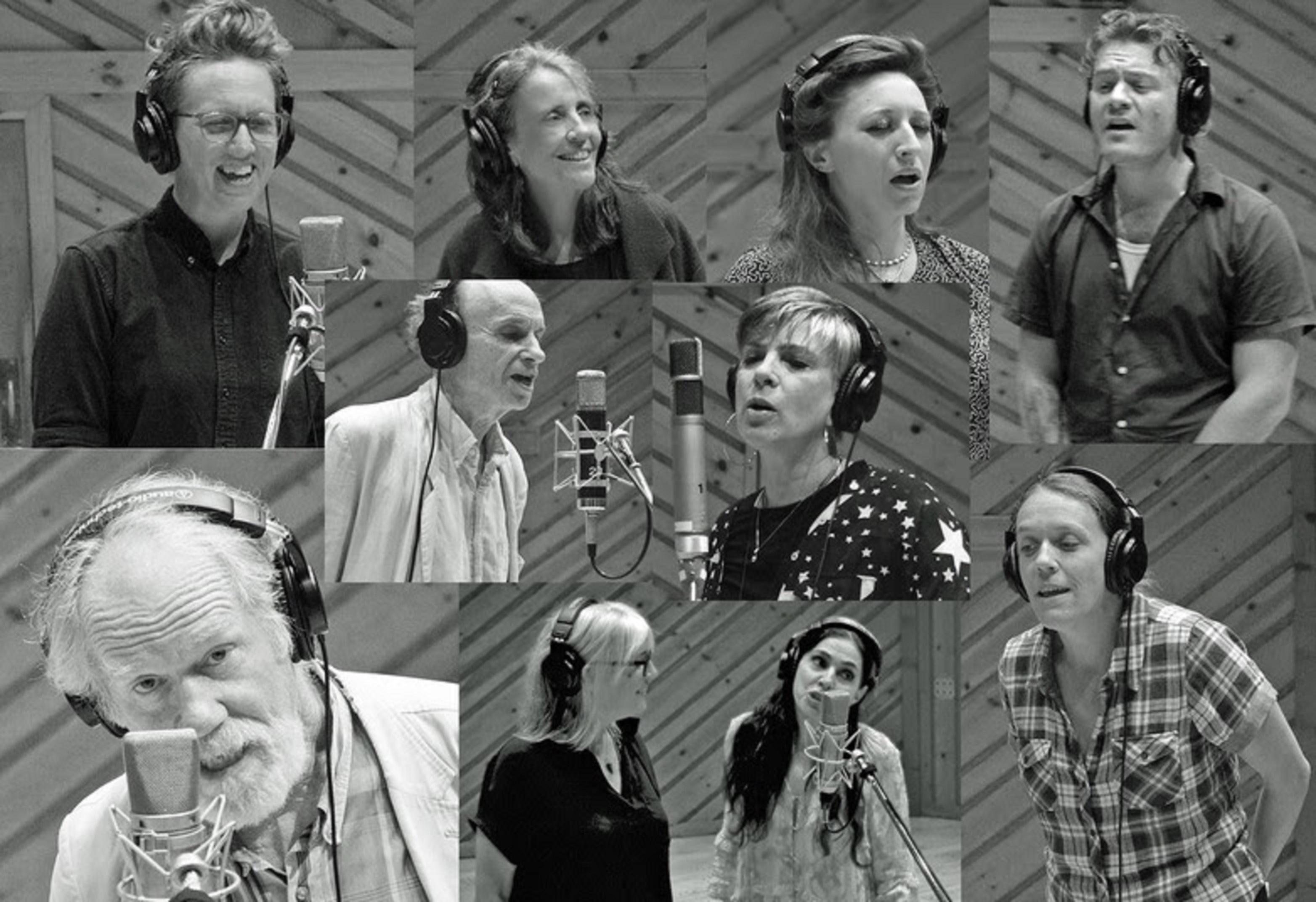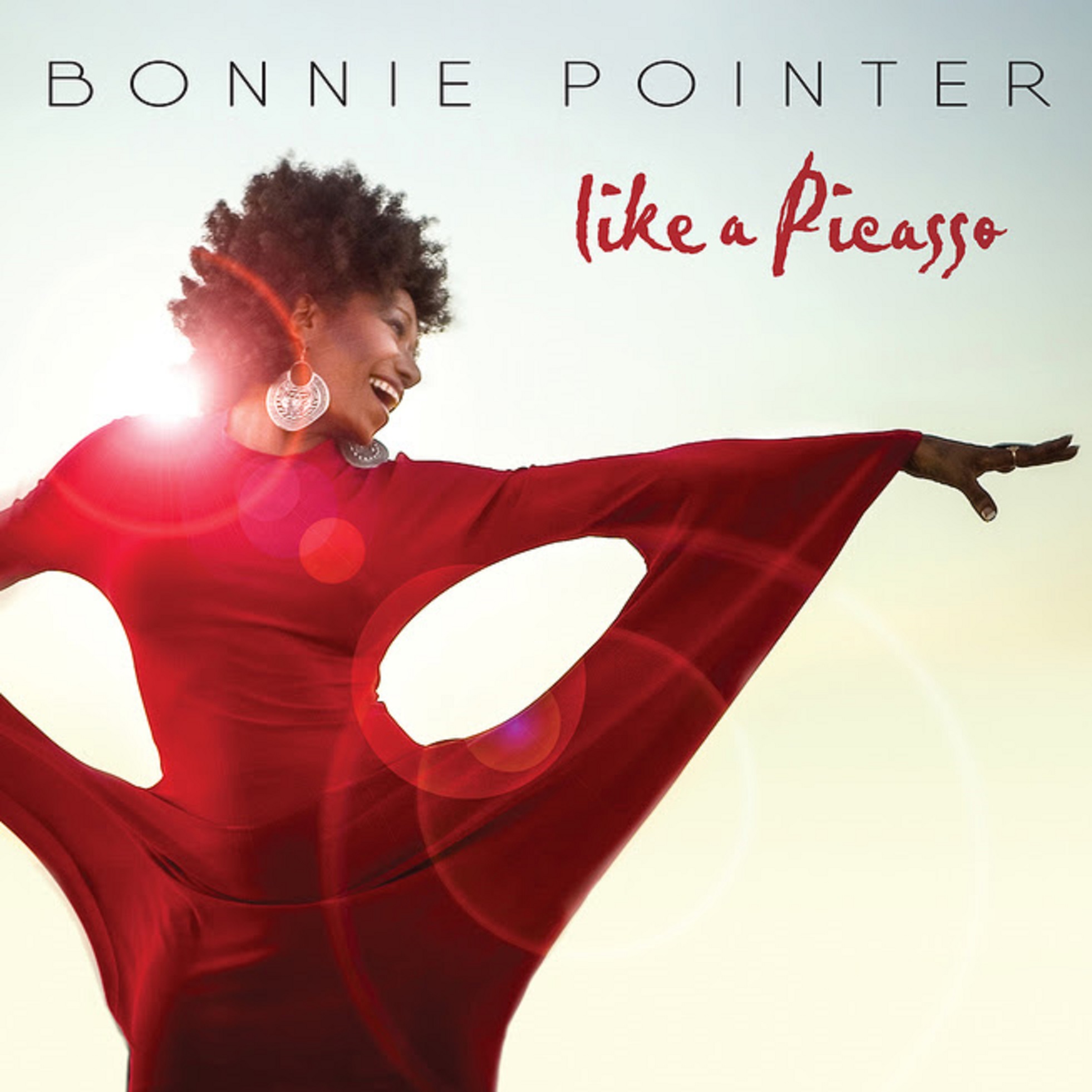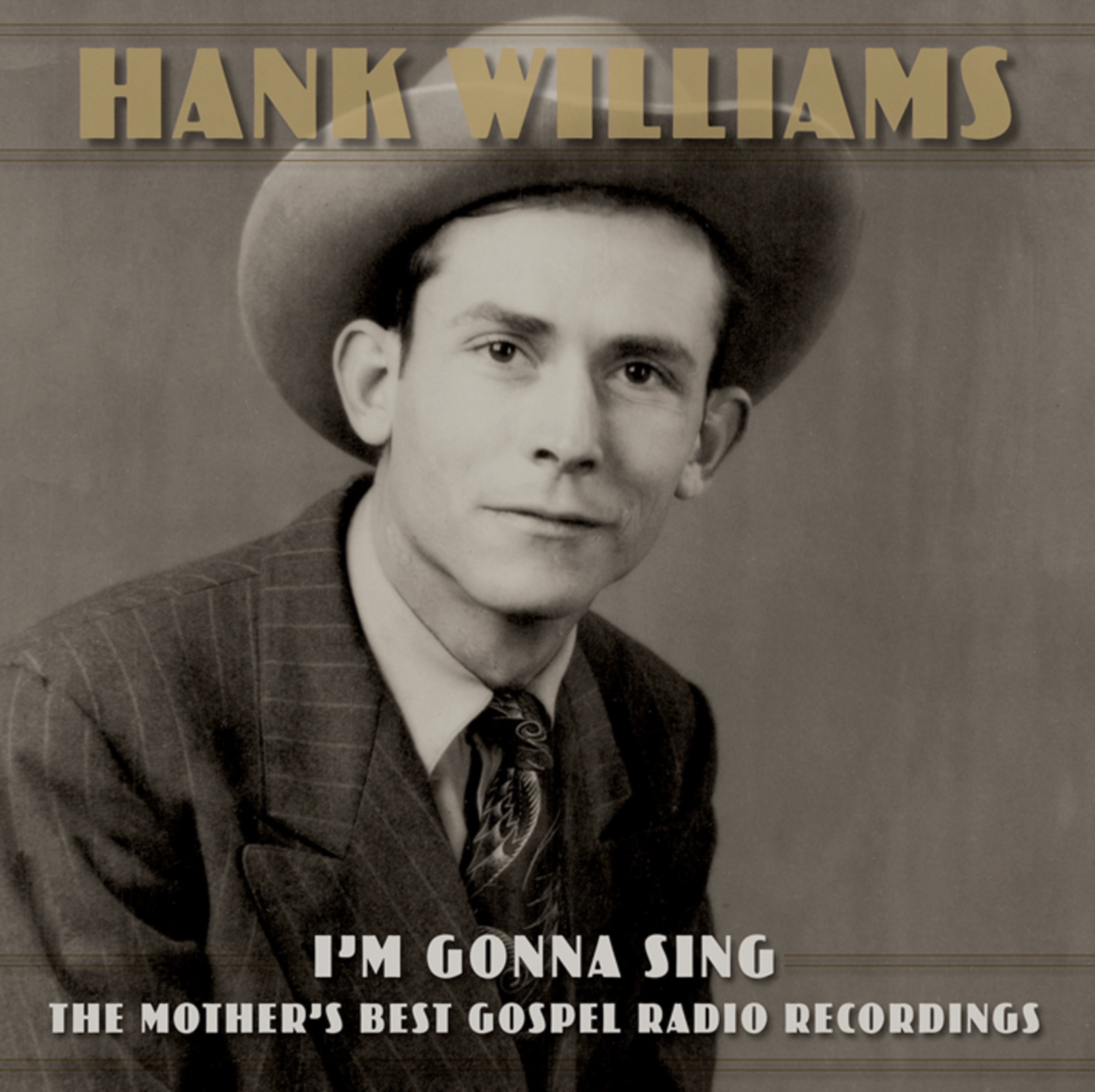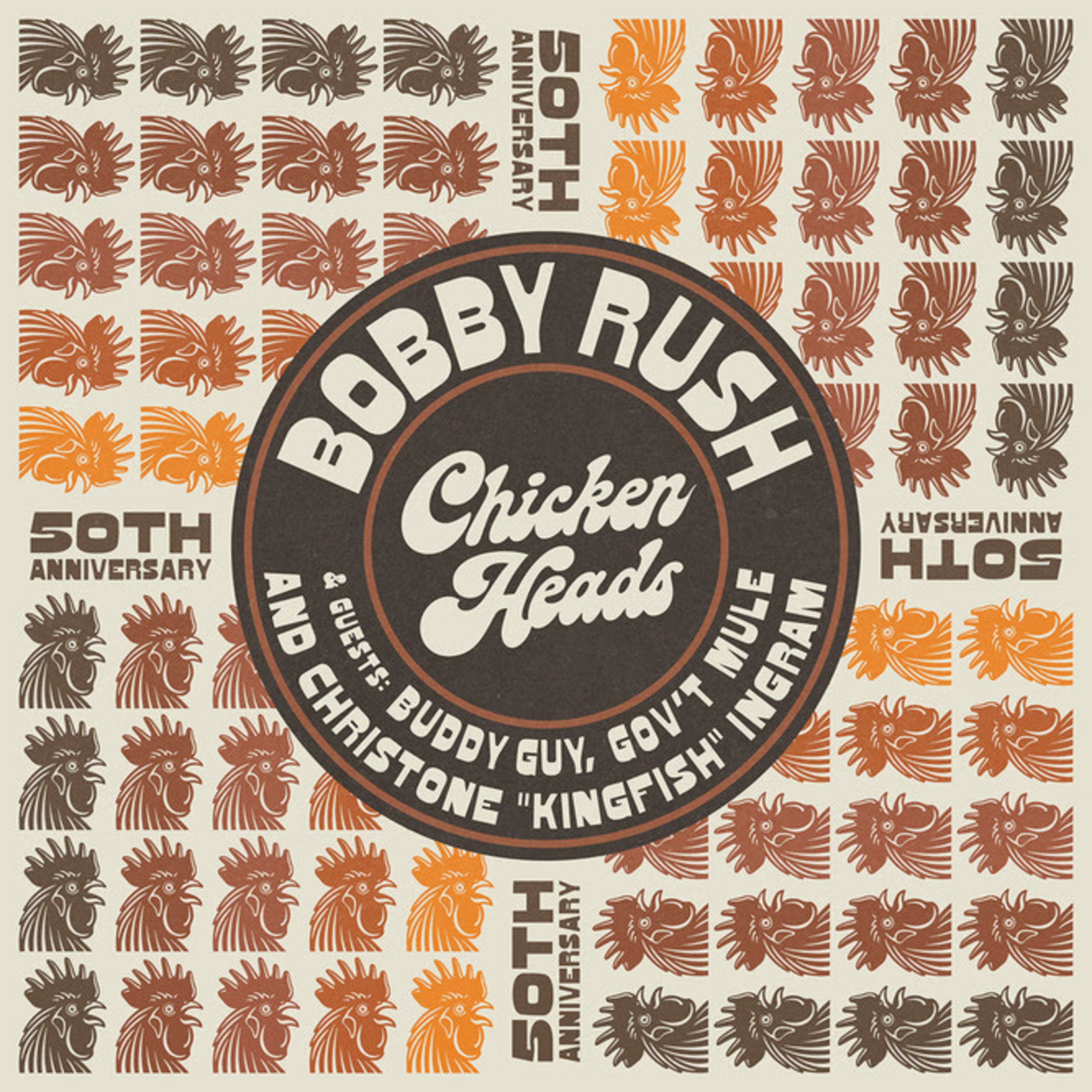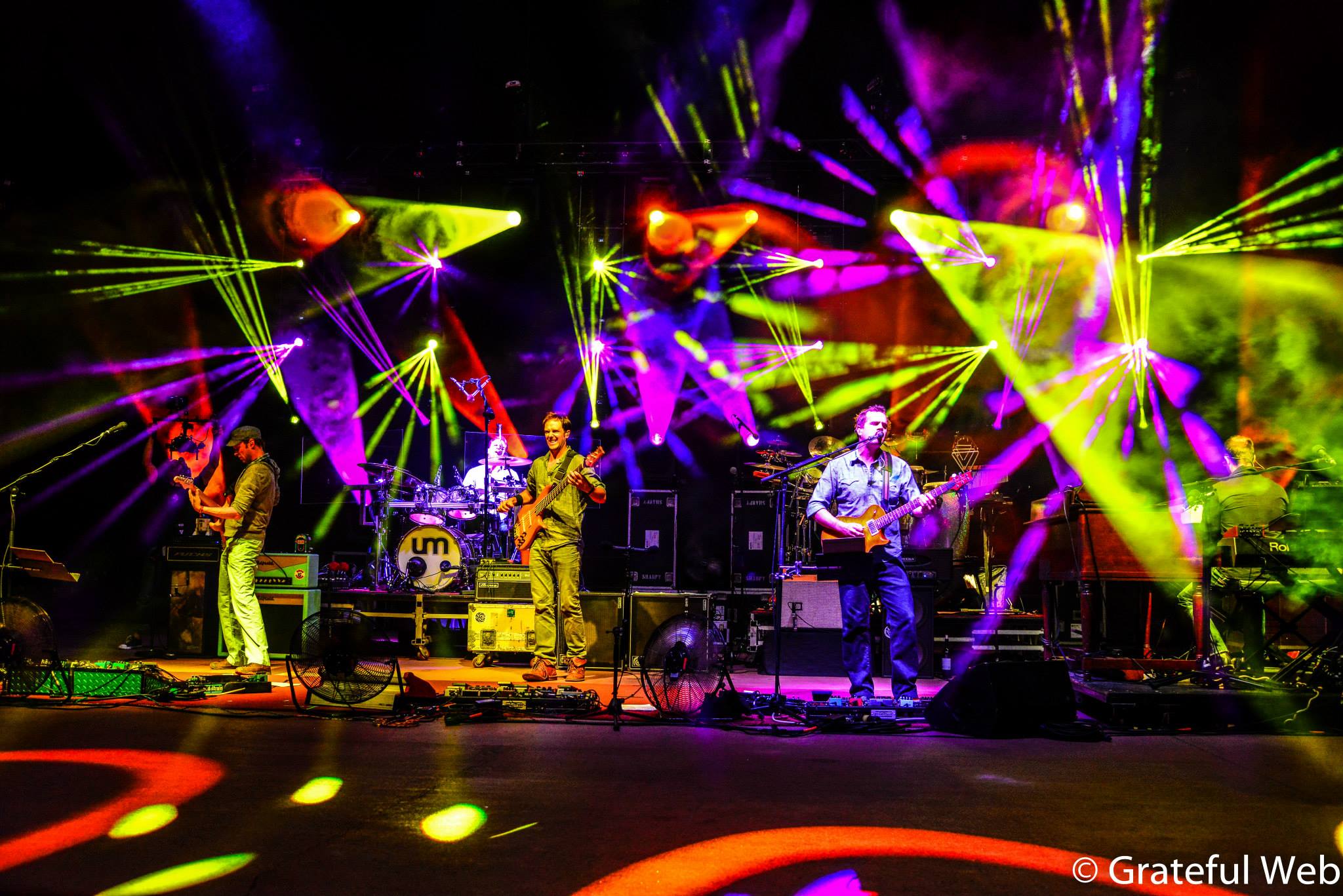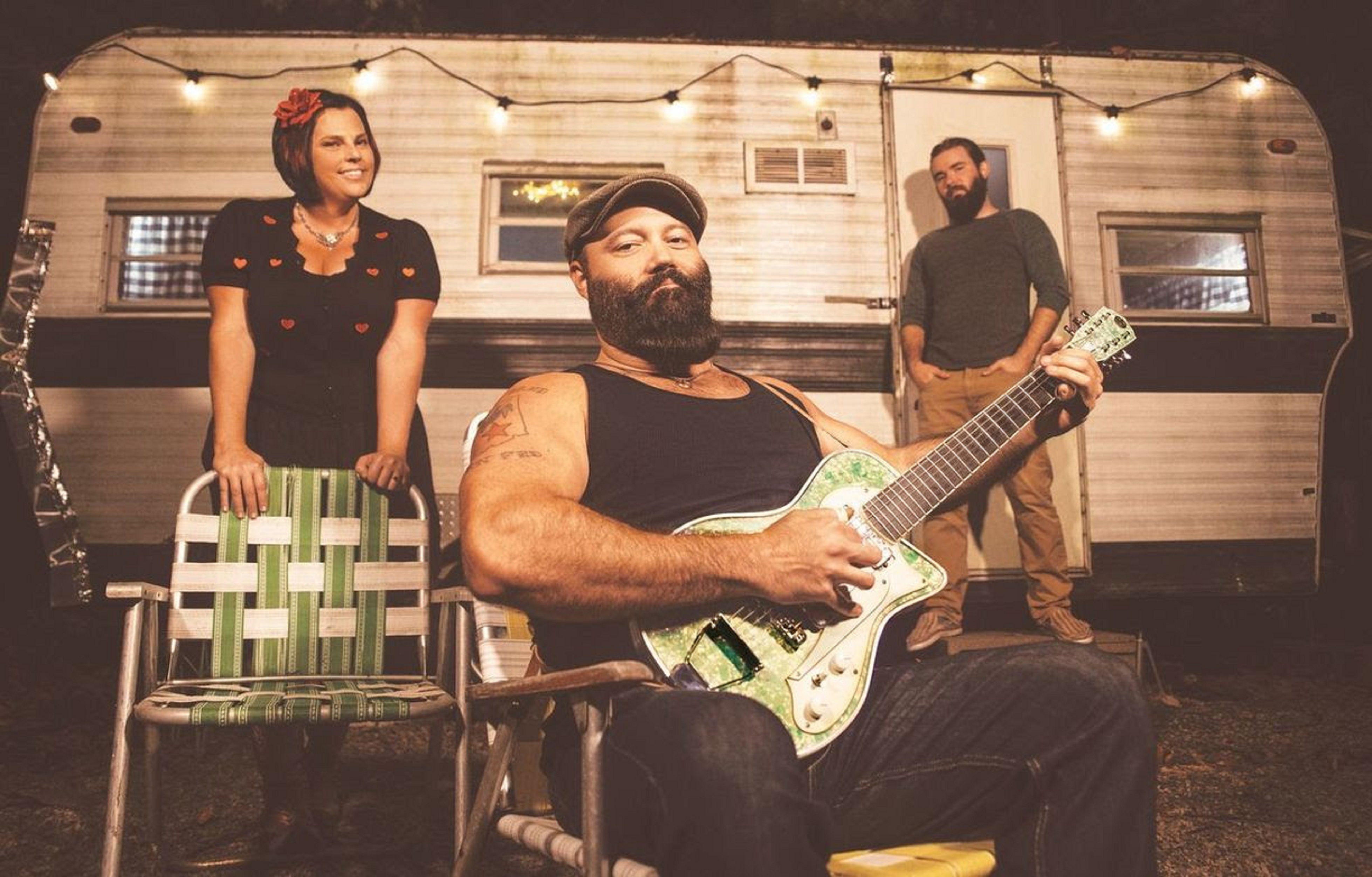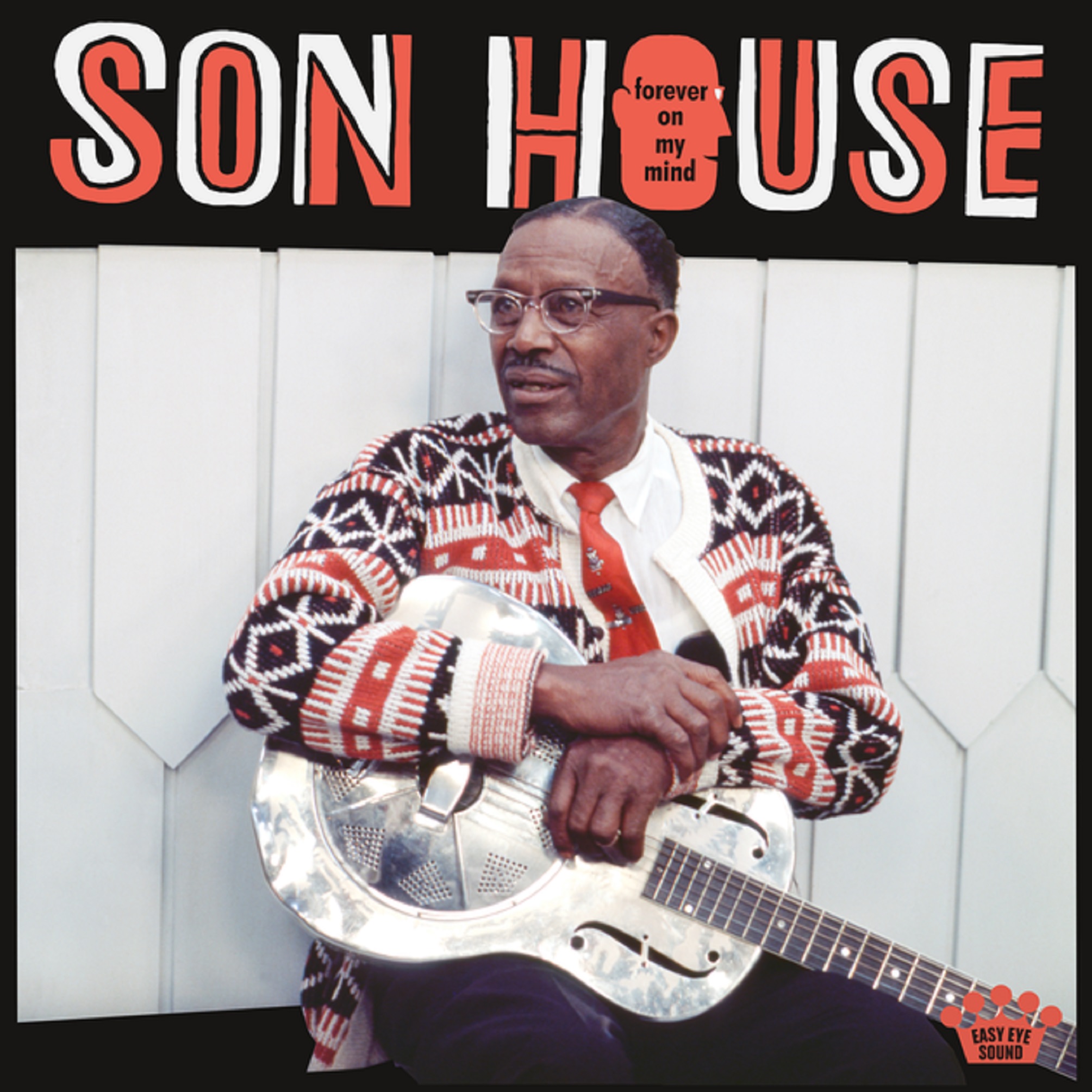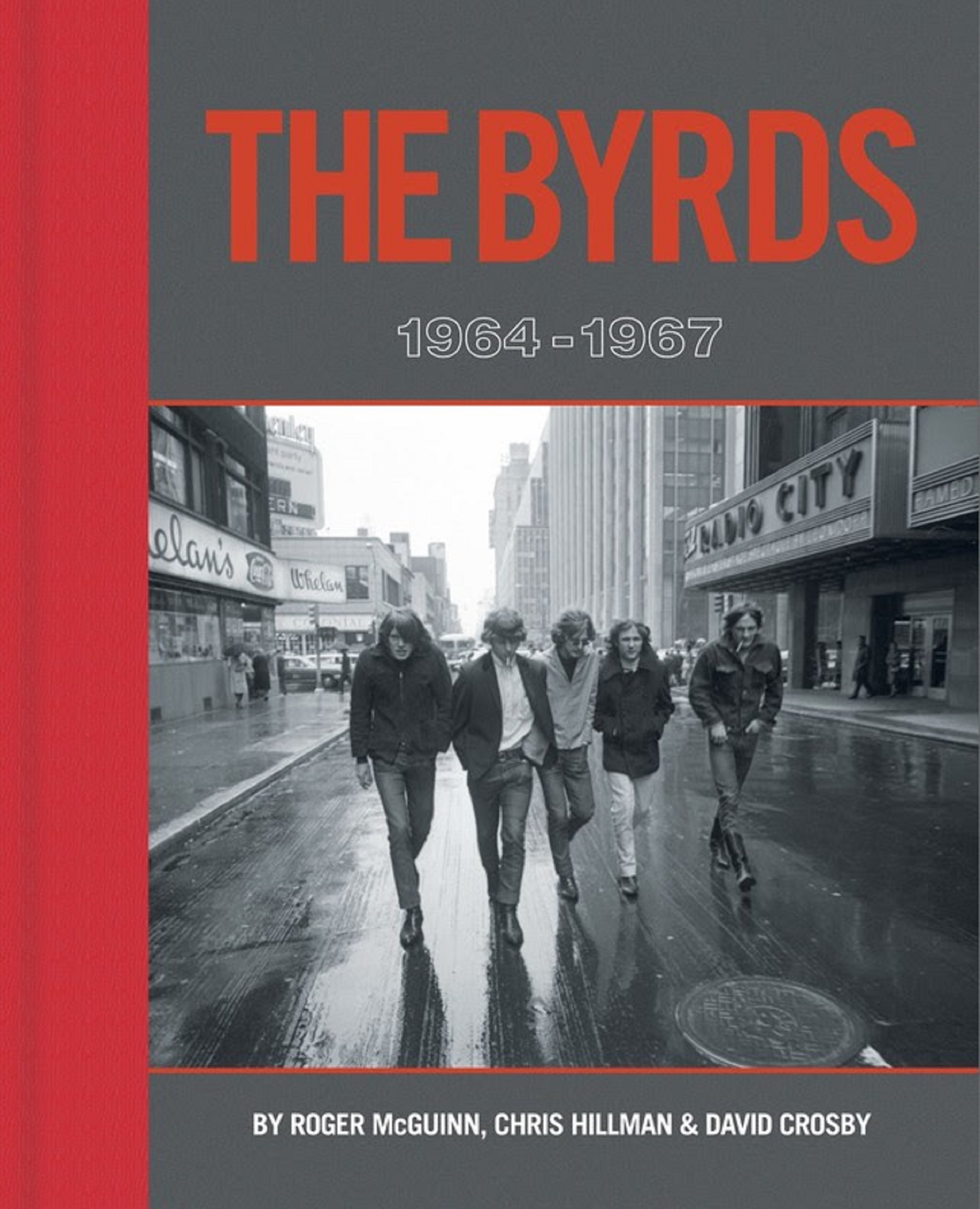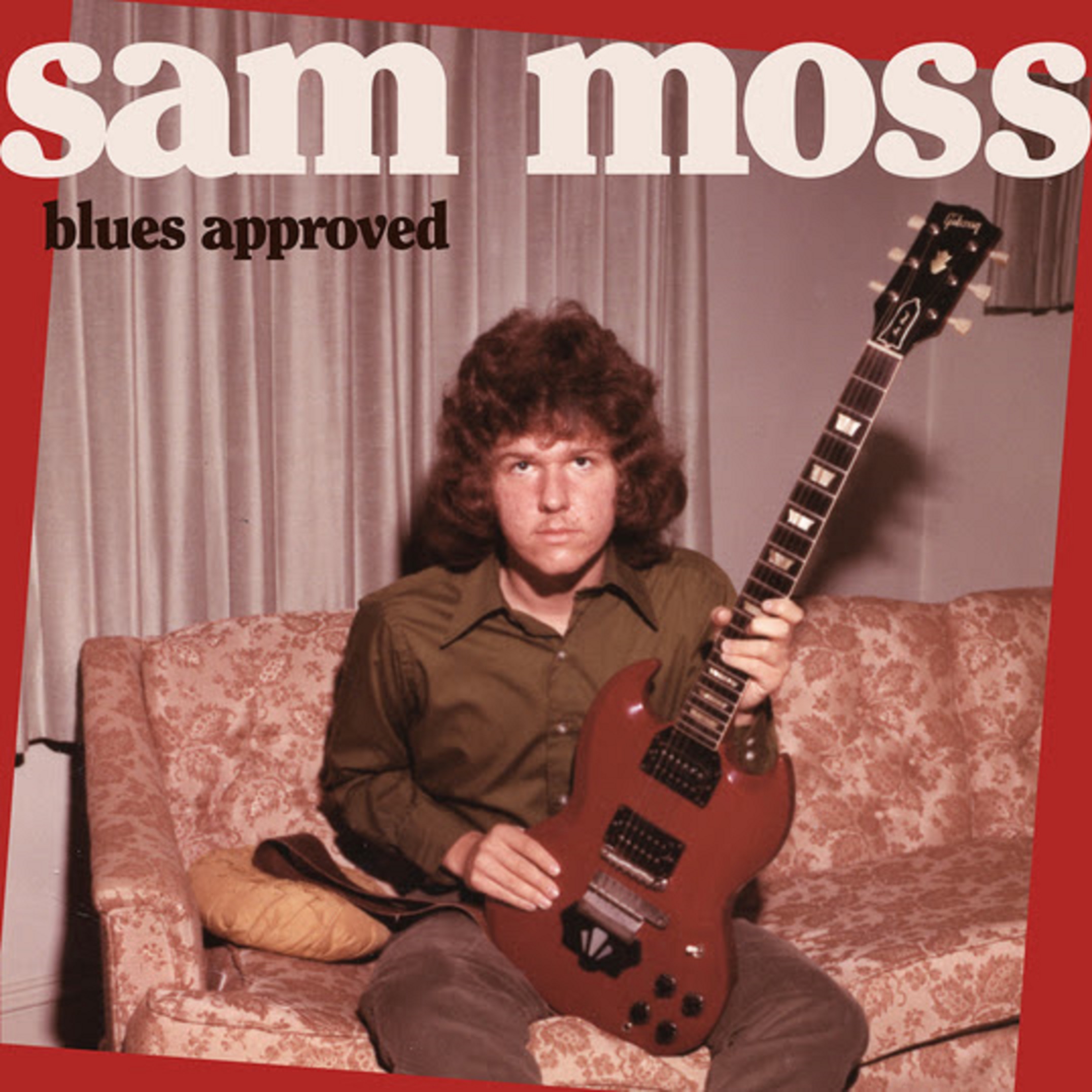Marley's Ghost — a virtuoso aggregation composed of singer/multi-instrumentalists Dan Wheetman, Jon Wilcox, Mike Phelan, Ed Littlefield Jr. and Jerry Fletcher — celebrates its 25th anniversary with the scintillating roots-music tour de force Jubilee (Sage Arts, June 5).
The album, produced by legendary Nashville cat Cowboy Jack Clement and recorded at the city’s venerable Sound Emporium, which Clement built, features guest performances from Emmylou Harris, John Prine, Old Crow Medicine Show, Marty Stuart, Larry Campbell, Byron House and Don Heffington.
"One of the things that we were really clear on with this record was that we wanted it to be a Marley’s Ghost album with friends sitting in, not guest stars with us as the backing band,” Wheetman explains. “And it worked.”
Like its nine predecessors, Jubilee is wildly eclectic, its 13 tracks drawn, with unerring taste, from the songbooks of Kris Kristofferson (“This Old Road”), Levon Helm (“Growin’ Trade”), Bobby and Shirley Womack (“It’s All Over Now”), Katy Moffatt and Tom Russell (“Hank and Audrey”), John Prine (“Unwed Fathers”), Butch Hancock (“If You Were a Bluebird”) and Paul Siebel (the closing “She Made Me Lose My Blues”), along with the traditional “Diamond Joe.” These deftly interpreted tunes blend seamlessly with the six originals on the album.
Marley’s Ghost is nothing less than a national treasure, the capable inheritors of the archetypal Americana blueprint drawn up by The Band. As the L.A. Weekly aptly put it, “This West Coast [group] deftly, and frequently daffily, dashes across decades of American music to create a sound that’s steeped in tradition but never bogged down by traditionalism.” These guys can sing and play anything with spot-on feel, from reggae (hence the double-entendre moniker) to blues to stone country, which is what they’ve been doing — to the ongoing delight of a fervent cult that includes many of their fellow musicians — throughout their first quarter century as a working unit.
“The band has always been eclectic, and that’s one of the reasons we’ve stayed together for this long,” Wheetman explains. “I’ve said this before, but instead of having to be in a Delta blues band, an a cappella singing group, a country band, a reggae band, and being a singer/songwriter, I’m in one band and we just do all that. It’s very convenient.”
When they started thinking about this album project more than a year ago, the band members agreed to each bring songs to the table that they wanted Marley’s Ghost to record. “That’s the way the band has generally operated,” says Wheetman, “and then some things naturally stick.
I brought ‘The Blues Are Callin’’ for Mike because I thought it would be a good duet song, although he wound up singing it by himself — and he sang the shit out of it, by the way. And when I heard Kris Kristofferson’s last album a couple of years ago, I thought the title song would be great for Jon, so I brought that one along as well. Jon brought ‘Growin’ Trade,’ which Eddie ended up singing.”
Phelan describes “Growin’ Trade,” written by Larry Campbell and Levon Helm, as “an emblematic Band song that was never recorded by The Band. Loving The Band and being able to make something that sounds like The Band without imitating The Band is kinda tricky, and I think we pulled it off with this one, so we’re really proud of that.” Wheetman’s “South for a Change” has a Bob Wills feel, while Phelan was thinking of Buck Owens when “Lonely Night” came to him.
The new record is the band’s second straight project with Clement, who turned 81 on April 5. Clement first heard Marley’s Ghost in 2009, when a mutual friend brought him to a performance at Nashville’s Douglas Corner. “Afterwards, Cowboy came up to tell us how much he liked the band,” Phelan recalls. “He said, ‘You got a lot of bang,’ whatever that means. It was love at first sight all around. He liked that we were a real band and not a bunch of session musicians who get together for one project. Not that there’s anything wrong with that, but he knows a lot of those guys; he doesn’t know a lot of real bands who play and sing together and have a sound. About a month later, he sent us a letter — not an email — saying that if we wanted to come down to his place, he’d really like to make a record with us. We thought about that for two or three seconds — ‘Let’s see, do we want to make a record with a living legend, the guy who produced Jerry Lee Lewis, Johnny Cash, Waylon Jennings, Roy Orbison and Carl Perkins? Okay.’ So this was a unique opportunity for us to do something with him while he’s still at the height of his powers.”
They first worked with Clement on 2010’s Ghost Town, which in turn followed 2006’s Van Dyke Parks-produced Spooked. “Working with Van Dyke was like grad school in producing, says Phelan, “whereas Cowboy is a much more subtle guy. He’d be sitting there in the control room with these gigantic speakers cranked up listening to us do a take, and we’d hear him like the voice of God over the talkback, ‘Liked that one.’ Or he’d go, ‘That kinda sucked. You got a better one in ya.’ He guided the process, but not in any way similar to what Van Dyke had done. So it was a wildly different experience. But when you ride out the whole process, you can see why he’s got so many gold records on his walls.”
“Jack brings a state of mind, a perspective about why you’re there in the first place,” Wheetman says of Clement’s production approach. “Then he lets things happen. When he started working at Sun, everything was cut live, and it was all about feel, not precision, and that’s how he still approaches it. And as you get basic tracks done, he’s got ideas about what to add. Jack really wanted Jerry on piano for the basic tracks because he’s such a great piano player, and up to this point, he’d been playing drums and piano at the same time, believe it or not. So we asked our old friend Don Heffington, who played on Spooked, to play the drums on the album. And I generally play bass in the band, but we asked Byron House come in and play bass on the sessions.”
According to Phelan, they brought in House and Heffington to serve as the rhythm section on the album “because we wanted that feel you get when the whole band plays together. We wanted to get as much in the live session as possible and change as little as possible to the record — it just feels better that way.”
Marley’s Ghost had brought in guests on several of their previous records — “friends who happened to be in the neighborhood,” according to Wheetman — but nothing approaching the all-star cast that graces Jubilee. “That was all Jack,” says Wheetman. “As we were doing ‘Unwed Fathers,’ he said, ‘That one needs a girl’s voice —it needs an angel on there.’ So he called Emmylou. Marty Stuart used to live at Jack’s house back when he was still playing mandolin with Johnny Cash. And Jack produced a couple of records for John Prine. We had sent Prine a CD of ‘This Old Road,’ and he really did his homework — he came in ready to go. They were all incredibly wonderful to work with — really giving and friendly. With every one of them, it was, ‘Is that what you want?’
“Emmy was in the studio trying to work out the harmony part for ‘Unwed Fathers,’ and because I’ve got a low voice, she was figuring out where to put it in her range to make it work. She said, ‘I’ll be out here ’til the cows come home,’ and I got on the talkback and asked her, ‘What time do the cows come home?’ She said, ‘As soon as I get this part!’”
The lone non-Nashville guest was Woodstock-based guitarist and fiddle player Larry Campbell, a former key member of Bob Dylan’s band, Levon Helm’s producer and musical director, and the co-writer, with Levon, of “Growin’ Trade,” one of the highlights of Helm’s Grammy-winning 2009 LP Electric Dirt. “We wanted some fiddle and some electric guitar on a couple of things, so we invited Larry down,” says Dan. “He came into the studio and cranked for a whole day and just killed it. He played hellacious guitar on ‘Hank and Audrey,’ and he was great fun to work with.”
With each album, the band’s mastery of all manner of roots forms becomes more captivating, and more seamless in its variety. “When you’ve been together for 25 years, there’s an approach, and that just automatically puts a certain spin on everything you do,” Wheetman points out. “One thing that’s always been important in the band is that you do what you can to serve the song, and that creates a cohesiveness from song to song.”
“We’re five singers who don’t think genres mean much,” says Phelan. “If you connect with the song and the song connects with you, that’s what’s important, and that’s a real core belief of the band. When I go to a performance, I want to hear passion; I want to hear somebody up there doing it because they can’t not do it. That’s what we’re going for with everything we tackle. We have so many diverse feels, and we can pull them off in an authentic way — and after all this time, we’re playing the best we ever have.”
One listen to Jubilee will confirm that assertion. In every note, and every measured silence, you can hear the miles they’ve traveled together, the jaw-dropping closeness they’ve attained, and the magical place where the men of Marley’s Ghost now reside.
About Marley’s Ghost:
Dan Wheetman (vocals, bass, rhythm guitar, fiddle, harmonica, banjo, Dobro, lap steel) came to the group after a long career during which he played in the ’60s Simi Valley, Calif., teen rock group the Humane Society, Fresh Air (with Don Heffington), the Honky Tonk Swamis and ’70s country-rockers Liberty, who spent years on the road with John Denver and Steve Martin. Danny’s showmanship and unique sense of humor, combined with an uncommonly powerful and resonant baritone, provide the focal point for the group’s upbeat performances.
Mike Phelan (vocals, lead guitars, fiddle, Dobro, bass, lap steel), who’s been performing as a singer/player since he was knee high to a grasshopper, has lived all over the U.S., playing, recording and performing in many styles, including bluegrass, rock, folk and blues in countless bands. Phelan cites guitarists Steve Cropper, Eldon Shamblin, Doc Watson, Jimi Hendrix and B. B. King, and vocalists Tommy Duncan, Ralph Stanley and William Bell as major influences. Like Wheetman and Wilcox, he’s also a deft and prolific songwriter.
Jon Wilcox (vocals, mandolin, rhythm guitar, guitar, bouzouki) has solo recordings on the Folk-Legacy, Sierra-Briar and Sage Arts labels and has toured internationally as a singer/songwriter and interpreter of traditional American and British Isles music. He’s also intimately familiar with the groves of academe, having graduated from Stanford Law School and later teaching high school history.
Ed Littlefield Jr. (vocals, pedal steel guitar, Highland bagpipes, keyboards, mandolin, Dobro, lead guitar), a product of the Northern California folk scene, relocated to Washington State in the early 1970s. He toured extensively with the well-known Seattle Western swing band Lance Romance before founding Sage Arts, one of the Northwest’s premier recording studios, where he functions as a producer and engineer. Littlefield is one of the most innovative of the new breed of pedal steel guitarists; among his influences, he counts Ian & Sylvia, Bob Dylan, Flatt & Scruggs, Hank Williams, Doc Watson, Ernest Tubb, the Grateful Dead, The Band and the Rolling Stones.
Jerry Fletcher (keys, accordion, vocal arranging), who’s long the band’s secret weapon and unofficial fifth Ghost, appearing on albums and gigs from the outset, became a fulltime member in 2006. A teen rock rival of Wheetman’s and later his cohort in Liberty, Fletcher lays down a thoughtful groove that grounds the band and completes the musical puzzle.






